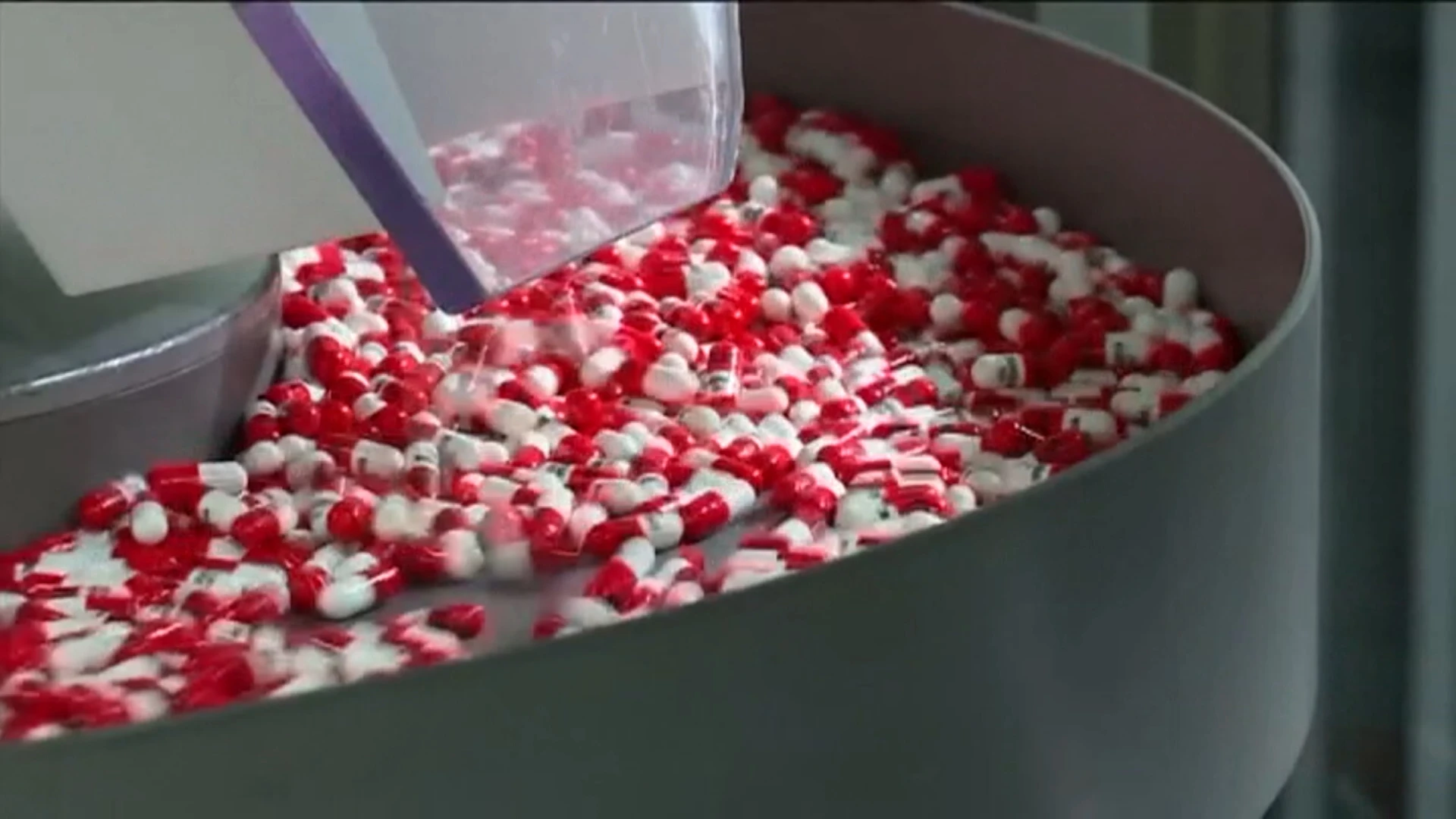3.68 BYN
2.97 BYN
3.45 BYN
European Union Facing Shortage of Medicines
Text by:Editorial office news.by
news.byhttps://s3-minsk.becloud.by/media-assets/news-by/131132ba-ce8f-47e9-9685-a39b1987d9ff/conversions/128e8b60-e90e-4cb9-a1a0-eed5c5476ec5-sm-___webp_480.webp 480w, https://s3-minsk.becloud.by/media-assets/news-by/131132ba-ce8f-47e9-9685-a39b1987d9ff/conversions/128e8b60-e90e-4cb9-a1a0-eed5c5476ec5-md-___webp_768.webp 768w, https://s3-minsk.becloud.by/media-assets/news-by/131132ba-ce8f-47e9-9685-a39b1987d9ff/conversions/128e8b60-e90e-4cb9-a1a0-eed5c5476ec5-lg-___webp_1280.webp 1280w, https://s3-minsk.becloud.by/media-assets/news-by/131132ba-ce8f-47e9-9685-a39b1987d9ff/conversions/128e8b60-e90e-4cb9-a1a0-eed5c5476ec5-xl-___webp_1920.webp 1920w

The European market is facing a record shortage of vital medicines. The problem has been ongoing for years, and its resolution is hampered by the virtual absence of an efficient control mechanism, according to a report by the European Court of Auditors (ECA).
By March 2025, 34 medications were already in short supply, 16 of which are on the European Commission's list of essential medicines.
Thrombolytics, the antibiotic amoxicillin, and antidotes for cyanide poisoning are also in short supply.















